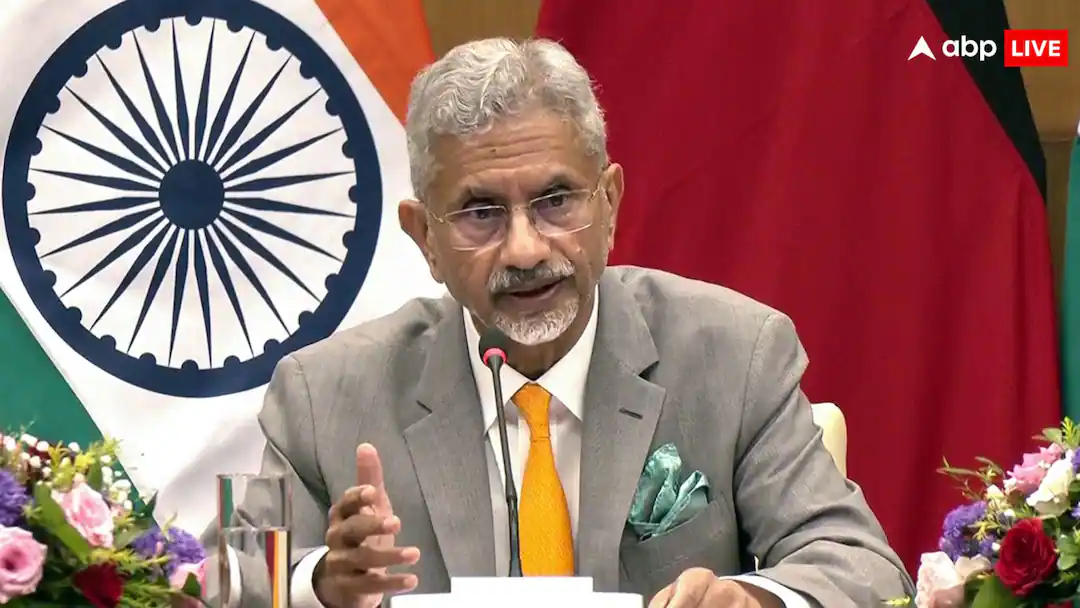Copyright pulse

In 2025, Fidelity Investments did a study on couples and money. 45% of couples occasionally argue about money. For almost 25% (1 in 4 couples) of them, finances are actually their biggest challenge If you’re dating, engaged, or newly married, or even in a ‘serious’ talking stage, here are the biggest money red flags to look out for and how to fix them before they ruin your happily ever after. READ ALSO: From Lock-In to Daily Bread: The Everyday Money Terms Nigerians Throw Around and What They Mean. 1. The Awkward Energy Around Money Talks You can talk about everything else, but the moment money comes up, there’s an awkward silence. You’re both "managing", but you have no idea about each other's savings, debts, or spending habits. The Fix: Start small. Don’t launch into a full audit. Make it a casual chat. Ask questions like, "What’s your biggest financial goal for us?" or "How did your parents handle money?" This opens the door for deeper money talks before marriage without pressure. READ ALSO: 5 communication tips that will make your relationship more romantic. 2. Zero Plans Beyond the Wedding The aso-ebi is picked, the hall is booked, but what about the financial plan for after the pictures? A marriage without a financial plan, especially for newlyweds in Nigeria, is like driving without a destination in mind. You won’t get far. The Fix: Sit down and create a First-Year Budget. Factor in rent, bills, savings, and even money for unexpected issues. 3. The "My Money is Mine" Mentality The ‘My money is my money; his money is our money’ mentality is common these days. While I quite understand where this mindset stems from, it can pose serious problems to a new marriage. If one of you has a "boss" mentality instead of a "teammate" mindset, there is trouble. Marriage is a partnership. Thinking in terms of "my money" and "your money" without a joint plan for shared goals creates a divide. The Fix: Adopt an "Our Money" approach for household goals. A practical system is to have three accounts: "Yours", "Mine", and "Ours". The joint account covers shared expenses (rent, food, and light bills), while personal accounts allow for individual freedom. This is key to managing finances as a couple. 4. Living Beyond Means We all love the soft life, but constantly borrowing or showing off on social media while bills pile up is not ideal. It’s stressful. You may learn more from the ex-Olori of Iwo’s marital woes. When one partner loves luxury more than stability, it can create constant tension. The Solution: Practise the 50/30/20 rule. 50% of your income for needs, 30% for wants, and 20% for savings. If your partner insists on “living large”, talk about why. Sometimes it’s pressure or insecurity, not greed. Focus on building a lifestyle you both can afford and sustain. READ ALSO: 7 money-saving tips for newlywed couples in 2023. 5. Secret Spending or Hidden Debt If your partner hides receipts, avoids money talks, or always has a mysterious loan, that’s a huge red flag.Financial secrecy, also called financial infidelity, is one of the top reasons couples fight about money. The Fix: Full disclosure is non-negotiable. Before you marry, lay all your cards on the table. Create a joint plan to pay off the debts together. Tackling it as a team from the start strengthens your bond instead of breaking it later. READ ALSO: 4 Financial Tips For Married Couples From Psalm 49. 6. Refusing to Budget Together When one person handles all the money, it can cause imbalance and resentment. You both deserve to know what’s coming in and going out.The Solution: Create a joint budget. Track expenses together and agree on spending limits for fun, gifts, and bills. That transparency helps build unity, not suspicion. READ ALSO: Talking Stage, Breakfast, and Other Nigerian Relationship Lingos You Should Know Early 7. Mismatched Money Values One person may believe in saving; the other in spending. Or one dreams of buying property, while the other just wants to flex. These mismatched values can spark endless arguments. The red flag is refusing to find a middle ground. Understand each other's "money story". The saver might have experienced a lack at some point in their lives, while the spender finds joy in giving. The Fix: Create a budget that allows for both saving for a house and a small "fun fund" for guilt-free spending. Compromise is key. Also, before marriage, have an honest “money mindset” talk. Ask each other: What does financial security mean to you?Do you value experiences or investments?What are your long-term money goals? READ ALSO: How Long Should a Talking Stage Last? 8. The Third Party: Extended Family Pressure This is the Nigerian special. When your salary is seen as the family's ATM, or your partner cannot say "no" to endless financial requests, your new family’s future is at risk. This is a major cause of how in-laws affect marriage finances. The Fix: You and your partner must be a united front. Have an open conversation about what you can realistically afford to contribute to extended family without hurting your own goals. Set those boundaries early and support each other in enforcing them. It’s not being stingy; it’s being smart. READ ALSO: 10 relationship tips men wish you knew. 9. Power Plays Around Money This is a form of financial abuse and is the ultimate red flag… deciding who spends what, withholding financial access, demanding receipts for everything, or constantly reminding you they ‘paid your bride price.’Financial control often leads to deeper relationship issues. This destroys your independence and self-worth. The Fix: Recognise this for what it is: abuse. Your safety and mental health come first. Set financial boundaries and ensure both partners have independent financial access. You can have joint goals while maintaining personal accounts. Spotting these financial red flags isn't meant to scare you into breaking up or leaving the relationship/marriage. Rather, it's to empower you. If it can be fixed, fix it, and if it can’t be fixed, leave. Remember, love is sweet, but as the popular musician, Davido, adds, 'when money enters, love is sweeter’.



